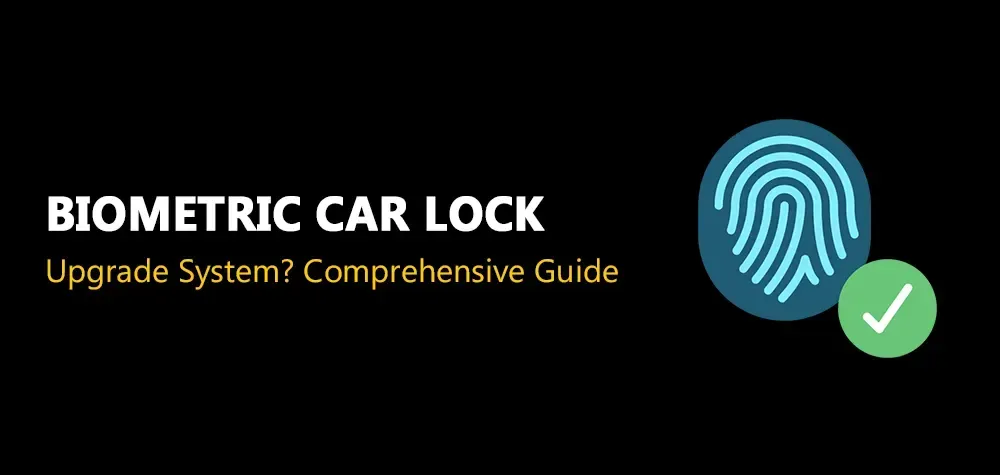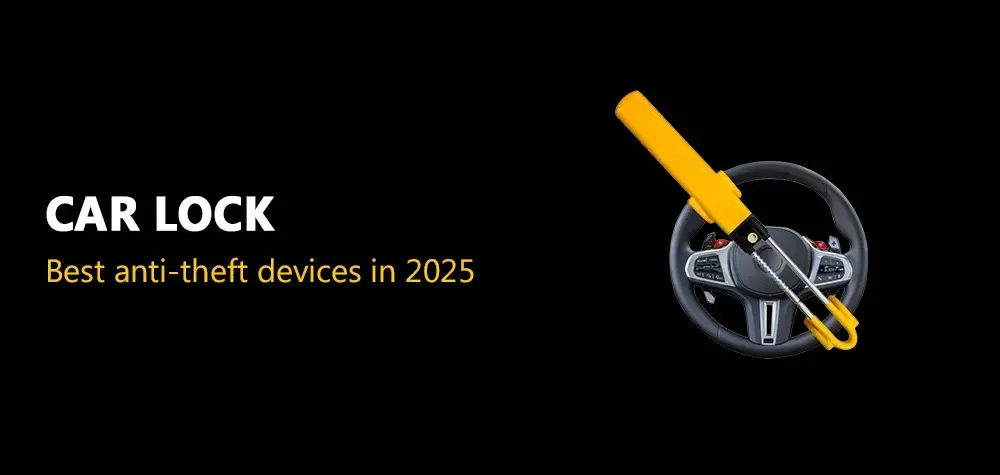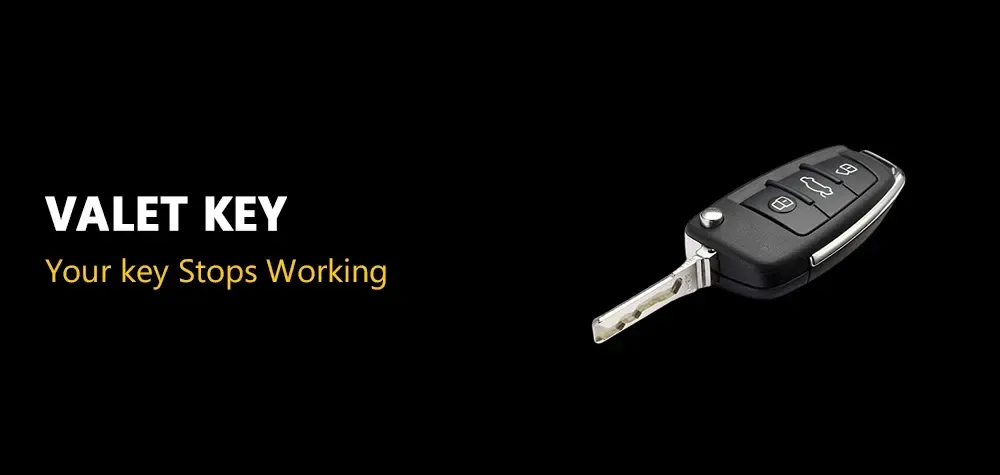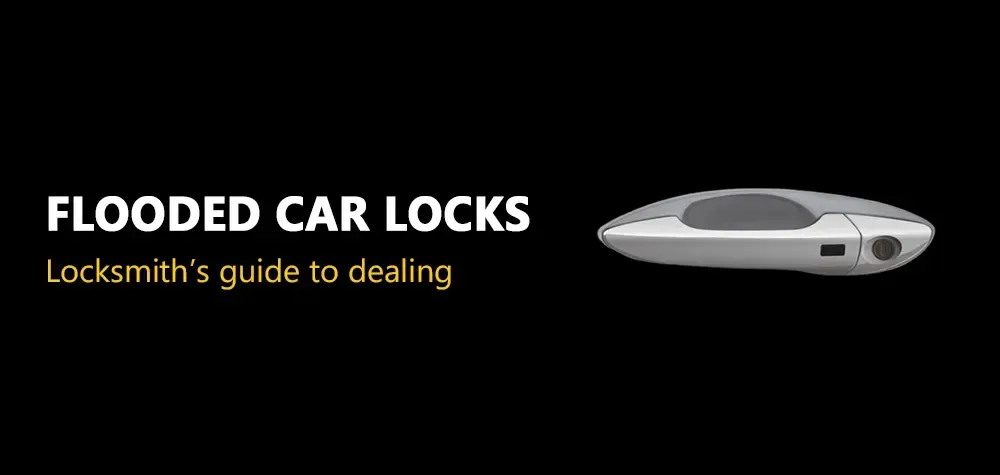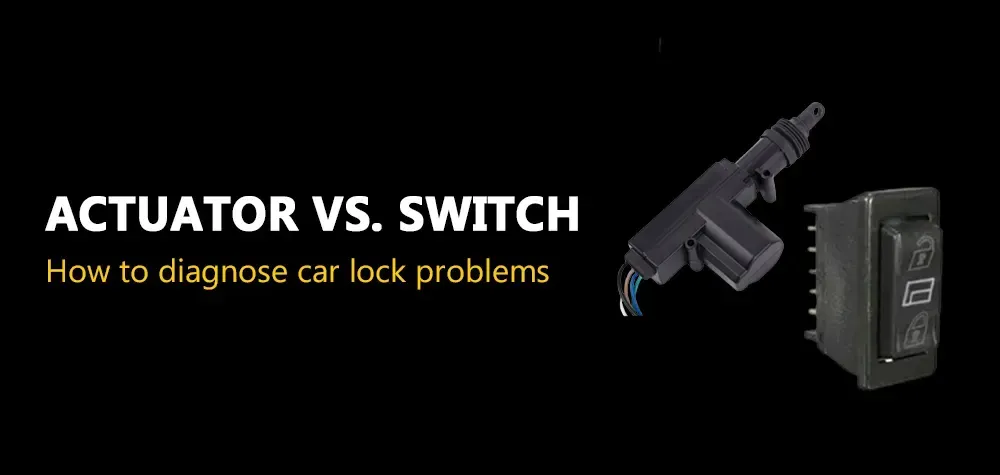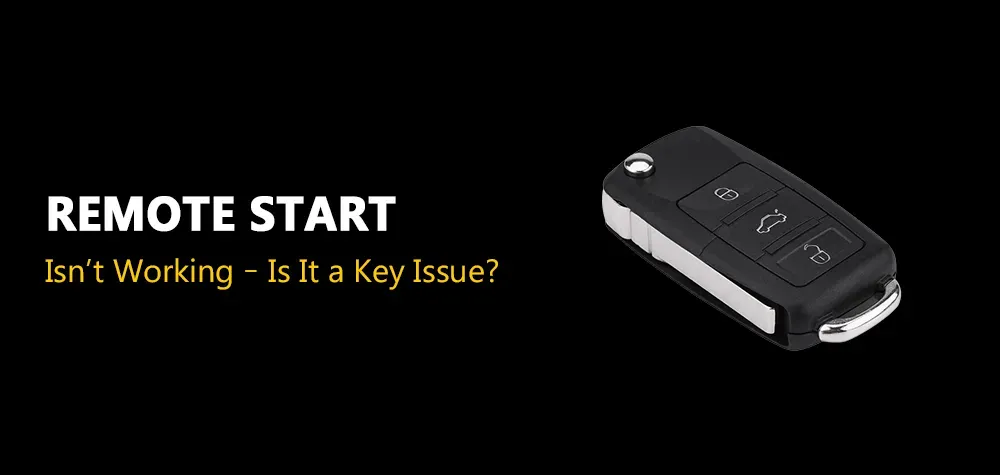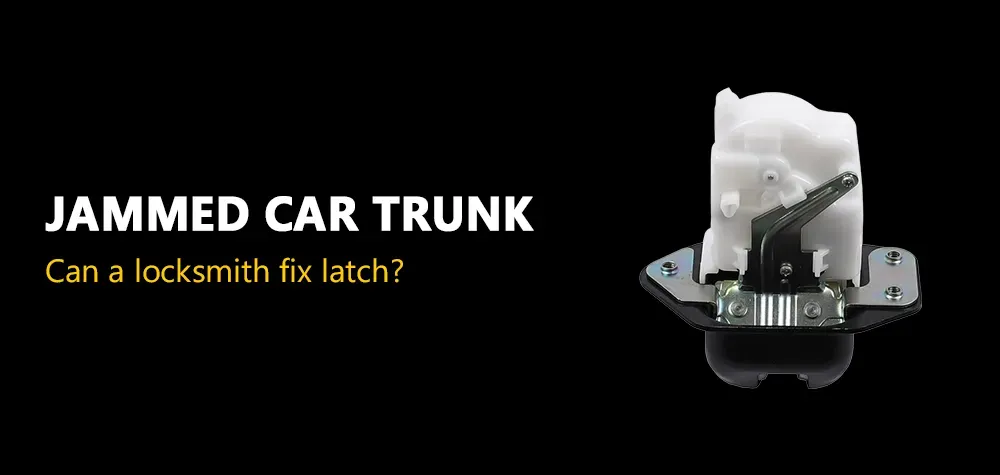Fireproof Safes vs. Burglary-Resistant Safes: Which is Right for You?
When it comes to safeguarding your valuable possessions, choosing the right type of safe is critical. Fireproof safes and burglary-resistant safes offer different kinds of protection, and understanding their distinctions can help you make the best choice for your specific needs. In this in-depth guide, we’ll break down the characteristics of both fireproof and burglary-resistant safes, share expert opinions, case studies, and explain how Brothers Locksmith can help with safe opening, repair, and installation services.
Understanding Fireproof Safes
Fireproof safes are designed to protect your valuables from extreme heat and fire damage. They are constructed with materials that can withstand high temperatures, typically up to 1200°F or more, depending on the model and rating.
How Fireproof Safes Work
Fireproof safes are usually made with a combination of thick metal and insulating materials. The interiors are designed to maintain a safe temperature even as the outside experiences extreme heat. These safes are typically rated based on the length of time they can protect documents, digital media, and other items from fire. Ratings range from 30 minutes to several hours.
| Fireproof Safe Ratings | Duration of Fire Protection | Temperature Resistance |
|---|---|---|
| UL Class 350 1-Hour | 1 Hour | 1700°F |
| UL Class 350 2-Hour | 2 Hours | 1850°F |
| UL Class 150 (Media Safe) | 1-2 Hours | 1500°F |
Primary Purpose: To protect documents, money, electronic media, and other sensitive items from being destroyed in a fire.
Understanding Burglary-Resistant Safes
Burglary-resistant safes are designed to deter and prevent theft. They are built with strong steel walls and locking mechanisms that resist tampering, prying, drilling, and even the use of cutting tools.
How Burglary-Resistant Safes Work
These safes are often rated by organizations like Underwriters Laboratories (UL), which test the safe's resistance to different burglary tools. Common features include reinforced steel walls, high-security locks, re-lockers, and anti-pry designs.
| Burglary Safe Ratings | Protection Level | Test Conditions | |
| TL-15 | Resists hand and power tools for 15 minutes | Tested with various tools (drills, saws, etc.) | |
| TL-30 | Resists hand and power tools for 30 minutes | Tested with heavier tools (grinders, etc.) | |
| TRTL-30x6 | Resists torch and tool attacks for 30 minutes | Protection on all six sides |
Primary Purpose: To safeguard high-value items like cash, jewelry, and important documents from theft.
Fireproof vs. Burglary-Resistant: Which Safe Should You Choose?
When deciding between a fireproof and burglary-resistant safe, consider what you’re protecting and the potential risks:
| Feature | Fireproof Safe | Burglary-Resistant Safe |
|---|---|---|
| Primary Protection | Fire, heat | Theft, unauthorized access |
| Construction Material | Insulating materials, thick metal | Reinforced steel, anti-theft locks |
| Ideal for | Documents, money, digital media | Cash, jewelry, valuable items |
| Rating System | Fire duration (UL Class ratings) | Tool resistance (UL TL, TRTL ratings) |
| Weight and Portability | Generally lighter and portable | Heavier and harder to move |
| Cost | Generally less expensive | Higher cost due to heavy-duty features |
When to Choose a Fireproof Safe:
- If your primary concern is fire damage.
- If you are storing important documents, electronic media, or irreplaceable personal items.
When to Choose a Burglary-Resistant Safe:
- If theft is a higher risk, particularly for valuable items.
- If you need a safe that can withstand attacks from tools and heavy equipment.
Combination Safes: The Best of Both Worlds
For individuals or businesses that want both fire and theft protection, combination safes exist. These safes are built with both fireproof materials and burglary-resistant features. Although more expensive, they offer the highest level of protection.
Maintaining and Installing Your Safe
No matter which type of safe you choose, proper installation and maintenance are key to ensuring that it functions as intended.
Safe Opening, Lock Repair, and Installation with Brothers Locksmith
Whether you need assistance with safe opening, lock repair, or installation, Brothers Locksmith provides expert services to ensure your safe is secure and accessible. We specialize in:
- Safe Opening: If you're locked out of your safe, our technicians use non-destructive methods to open it without damaging the contents.
- Safe Lock Repair: We can repair or replace faulty locking mechanisms, ensuring your safe is secure.
- Safe Installation: Proper installation is crucial, especially for burglary-resistant safes. We can securely bolt your safe to the floor or wall for enhanced protection.
Conclusion: Which Safe is Right for You?
Choosing between a fireproof safe and a burglary-resistant safe depends on your unique needs. If fire protection is your top priority, go for a fireproof safe. If you’re more concerned about theft, a burglary-resistant safe is your best option. For ultimate protection, consider investing in a combination safe that offers both.
Whatever your choice, proper installation and maintenance are essential. Brothers Locksmith is here to help with expert safe services, ensuring that your valuable possessions are always secure.
How do fireproof safes protect against fire?
Fireproof safes are designed to maintain a lower internal temperature, protecting the contents from extreme heat. They are rated based on how long they can withstand specific temperatures, typically ranging from 30 minutes to 2 hours.
Can fireproof safes protect against burglary?
Fireproof safes primarily protect against heat and fire damage. However, they may not offer sufficient security against theft unless combined with burglary-resistant features, such as reinforced doors or complex locking mechanisms.
What makes a burglary-resistant safe secure?
Burglary-resistant safes use hardened steel construction, heavy-duty locks, and sometimes anti-drill plates to prevent unauthorized access. Some even come with advanced biometric or combination lock systems for enhanced security.
Are there safes that offer both fireproof and burglary-resistant features?
Yes, many safes are designed to provide both fire protection and burglary resistance. These combination safes are an excellent option for safeguarding valuables from multiple threats.
What size safe should I choose for my home?
The size depends on the items you plan to store. For documents and small valuables, a compact safe might suffice. For larger items like cash, jewelry, or firearms, a bigger, heavier safe would be more appropriate.
Can a locksmith repair or open a safe?
Yes, professional locksmiths, like Brothers Locksmith, are trained to open safes if you’ve forgotten the combination, need to replace a lock, or require safe repair services.
How often should I service my safe?
It’s advisable to have your safe inspected every 1-2 years by a professional locksmith to ensure that the lock and mechanism are functioning properly.
Is it possible to install a safe on my own?
While it’s possible to install a small safe by yourself, larger, heavier safes should be installed by professionals to ensure they are anchored securely, especially for burglary-resistant safes.
How do I choose between a fireproof and burglary-resistant safe?
Choosing depends on your primary concerns. If your main worry is fire damage, a fireproof safe is ideal. If you are more concerned about theft, opt for a burglary-resistant safe. For comprehensive protection, consider a safe that offers both.
Does a safe need to be anchored to the floor?
Yes, anchoring a safe is crucial, especially for burglary-resistant models. Unanchored safes can be removed from your home and opened later by thieves. Professional locksmiths can help secure your safe properly.
Also Read
Call Us Any Time!
